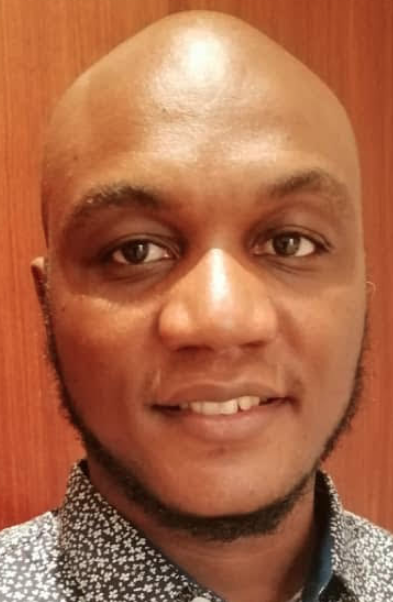Let the best man win
BY Jonathan Nda-Isaiah
D-day is finally here, the day 87 million Nigerians will elect the person that will steer the ship of the country for the next four years. We also have the national assembly elections, but all eyes have been on the presidential election.
I have been patiently waiting for this day to come and pass. This arguably has been the most toxic and hate-filled political campaign since the dawn of democracy in 1999. For the first time, we have three leading presidential candidates – Bola Tinubu of the All Progressive Congress, Atiku Abubakar of the Peoples Democratic Party and Peter Obi of the Labour Party.
Sadly also, the three leading candidates are from the three major tribes in the country. We have seen glimpses of ethnic affiliations and campaigns in this election.
Supporters of the three candidates believe they have already won and are just waiting for the inauguration. There is also this belief that it’s only when their candidate wins that the election is free and fair. This is dangerous thinking we must guard against.
Sadly, Nigeria, the giant of Africa, has a long history of political turmoil and electoral violence. It is crucial that all stakeholders prioritise the need for peaceful elections, avoid vote buying and accept the outcome of the results.
Firstly, the issue of violence must be addressed. Elections in Nigeria have often been marred by violence, which has resulted in the loss of lives and property. The government, political parties, and the electorate must understand that violence is not an option in a democratic election.
The government has a crucial role to play in ensuring that adequate security measures are in place to safeguard voters, electoral officials, and properties during the election. It is also essential for political parties to encourage their supporters to refrain from violence.
Secondly, vote buying has become a significant concern in Nigerian elections. Vote buying is the act of offering money, gifts or other incentives to voters in exchange for their votes. It is a corrupt practice that undermines the integrity of the electoral process and violates the fundamental principles of democracy.
No doubt, the recent naira design and cashless policy were aimed at reducing vote buying and limiting the influence of moneybags in the election. Let’s see how far it will limit vote buying in the election.
Political parties must discourage and condemn the act of vote buying, and the electoral commission must enforce strict laws to prevent it. The Nigerian people must also understand that their votes are valuable and should not be sold. Instead, they should use their votes to elect leaders who have a proven track record of good governance and who are committed to the development of the country.
Indeed, it is crucial for all stakeholders to accept the outcome of the election results. After the election, the focus should be on national unity and moving forward as a country, regardless of who wins the election. This means that the losing candidates and their supporters must accept the results and work with the winner to move the country forward.
The electoral commission must ensure that the electoral process is transparent and free from any form of manipulation. They must also be prepared to address any complaints or grievances that may arise during or after the election. The judiciary must also play its role in ensuring that electoral disputes are resolved fairly and expeditiously.
The Nigerian presidential election is a crucial moment for the country, and all stakeholders must prioritise peaceful elections, avoid vote buying, and accept the outcome of the results. The Nigerian people deserve leaders who will promote national unity, good governance, and development. Therefore, political leaders and their supporters must set aside their differences and work together for the greater good of the country. The media must also play its role in promoting peaceful elections and reporting on the electoral process in an unbiased and professional manner.
If Nigeria can achieve a peaceful and democratic election, it will be a significant step towards consolidating its democracy and ensuring a better future for all Nigerians.
Views expressed by contributors are strictly personal and not of TheCable.
